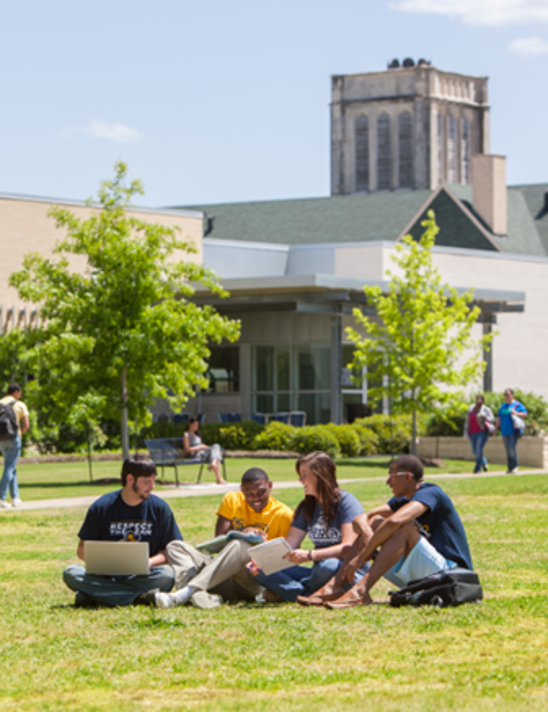Features
• Survey Data & Methodology
• U.S. Participating Institutions
• Institutional Response Rates
• Survey Customization
• U.S. Respondent Profile
• Canadian Respondent Profile
NSSE 2025 Administration Overview

The National Survey of Student Engagement (NSSE) collects information from first-year and senior students about the characteristics and quality of their undergraduate experience. Since the inception of the survey, nearly 1,700 bachelor’s-granting colleges and universities in the United States and Canada have used it to measure the extent to which students engage in effective educational practices that are empirically linked with learning, personal development, and other desired outcomes such as persistence, satisfaction, and graduation.
NSSE data are used by faculty, administrators, researchers, and others for institutional improvement, public reporting, and related purposes. Launched in 2000 with the support of a generous grant from The Pew Charitable Trusts, NSSE has been fully sustained through institutional participation fees since 2002. This document provides an overview of NSSE 2025, including administration details, response rates, participating institutions, and respondent characteristics.

